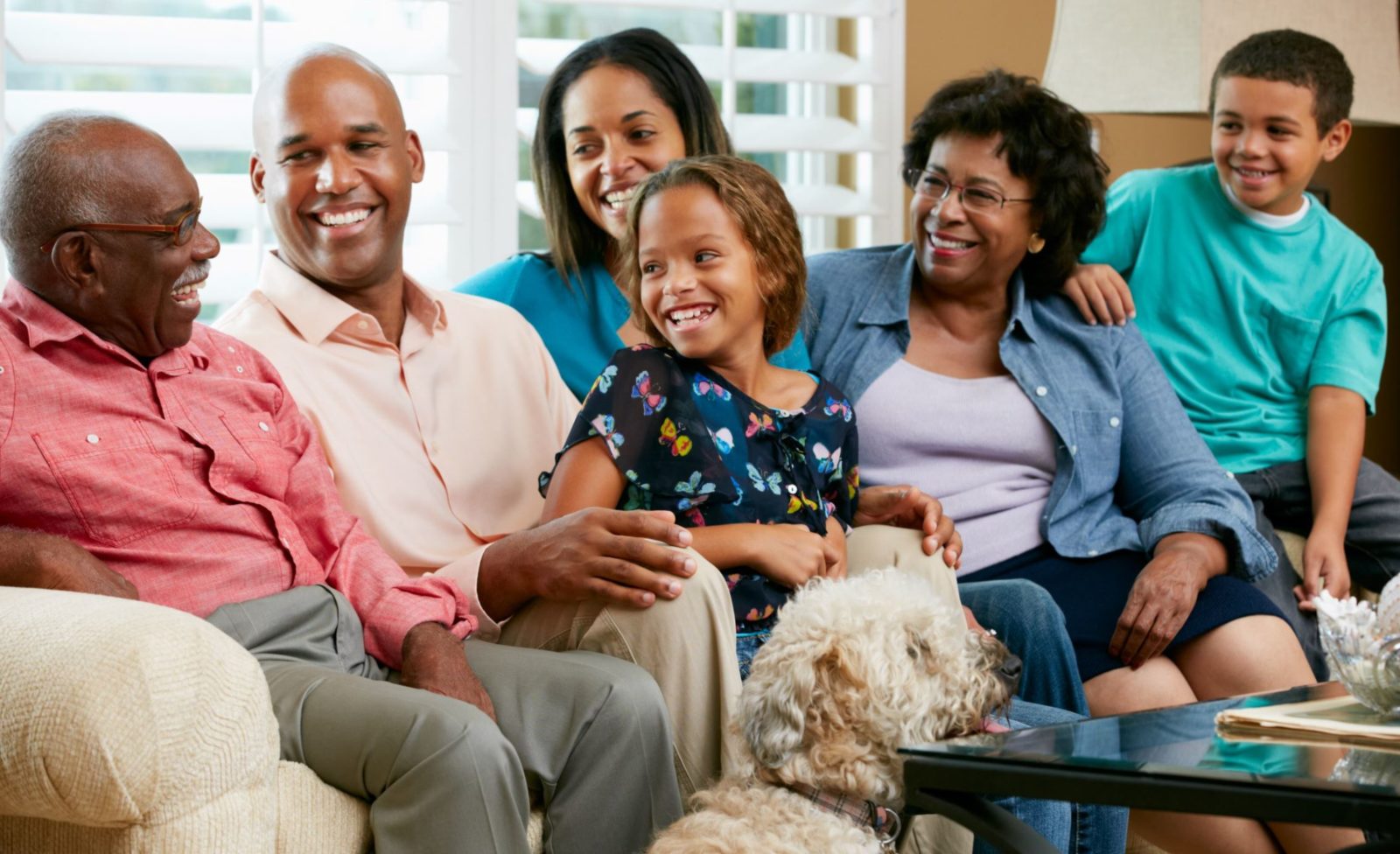Memory Sunday Focuses on African-American Dementia Caregivers

Dementia is not a normal part of aging. Dementia is an “umbrella” term used to describe a loss of cognitive function—remembering, thinking, and reasoning—severe enough to interfere with everyday living. Dementia is caused by damage to the brain from disease or trauma.
Did you know there are over 100 different types of dementias? While some are reversible, most are not. Alzheimer’s disease is the leading cause of dementia in older adults, but there are also types of dementia that can be very different than Alzheimer’s, including vascular dementia, dementia with Lewy bodies, and frontotemporal dementia. Many African Americans experience vascular dementia and the disproportionate impact is devastating, especially for women.
Alzheimer’s disease and related disorders (ADRD) present a public health crisis. They are the third leading cause of death in King County. Age is the single greatest risk factor for Alzheimer’s disease. Longer life expectancies among the aging baby boom population will lead to an increase in the number and percentage of the oldest-old who develop ADRD. The number is likely to surge over the next 25 years—estimated as much as 181 percent.
As the U.S. population ages and communities of color become a higher proportion of the older population, a higher percentage of those with Alzheimer’s disease will be people of color. The risk of developing Alzheimer’s is two to three times higher for African Americans—who are generally diagnosed at later stages—than for the general population.
What is Memory Sunday?
Memory Sunday is an annual event recognized within many African American churches, typically on the second Sunday in June, or the day prior. On Memory Sabbath or Memory Sunday, participating congregations provide education and resource materials on Alzheimer’s prevention, treatment, research, and caregiver support.
Memory Sunday is an initiative of the National Brain Health Center for African Americans founded by The Balm In Gilead—an organization that for over 30 years has worked to prevent disease and to improve the health status of people of the African diaspora by providing support to faith communities and other institutions that work to eliminate health disparities. The National Brain Health Center for African Americans offers a Memory Sunday Toolkit and other resources for African American congregations on their website.
Due to the COVID-19 pandemic and physical distancing orders, most church services are now streamed online, making Memory Sunday and Memory Sabbath face-to-face outreach impossible. Instead, participating churches are asked to set aside time for a special prayer for all caregivers, and especially those whose loved ones have Alzheimer’s or another dementia.
Caring for a loved one with dementia is hard during normal times. The pandemic has forced the closure of vital programs that provide respite and support for caregivers. Without this service, many caregivers feel especially anxious, frightened, and isolated right now.
Washington is home to more than 800,000 caregivers. In 2017, more than 340,000 unpaid caregivers were caring for someone with dementia. For many, the demands of caregiving and stress increase susceptibility to disease and health complications. In a recent analysis, 29 percent of caregivers of people with Alzheimer’s or other dementias reported that providing care results in high physical strain compared with 17 percent of caregivers of people without dementia.
Wherever you are and whatever you may be doing on June 13 or 14, you are invited to join Memory Sabbath or Sunday by remembering those caregivers whose loved ones are experiencing Alzheimer’s or other dementias.
For more information about Memory Sunday and getting your own faith community involved, e-mail karen.winston@seattle.gov.
Contributor Karen Winston, a planner at Aging and Disability Services, the Area Agency on Aging for Seattle-King County, staffs the Mayor’s Council on African American Elders and coordinates both Memory Sunday in June and Legacy of Love, an annual African American caregiver forum in November. She is a member of the Dementia Action Collaborative Long-Term Supportive Services sub-committee.
This article and the resources below were originally published in the June 2020 issue of AgeWise King County.
Dementia Care Resources
Dementia Road Map: A Guide for Family and Care Partners (Dementia Action Collaborative, Washington State): English | Spanish
Momentia Seattle (includes virtual events offered by multiple community partners and COVID-19 resources)
Safety Concerns for People with Dementia (Dementia Action Collaborative, Washington State)
![Aging & Disability Services for Seattle & King County [logo]](https://www.agingkingcounty.org/wp-content/themes/sads/images/seattle-ads-logo.png)
